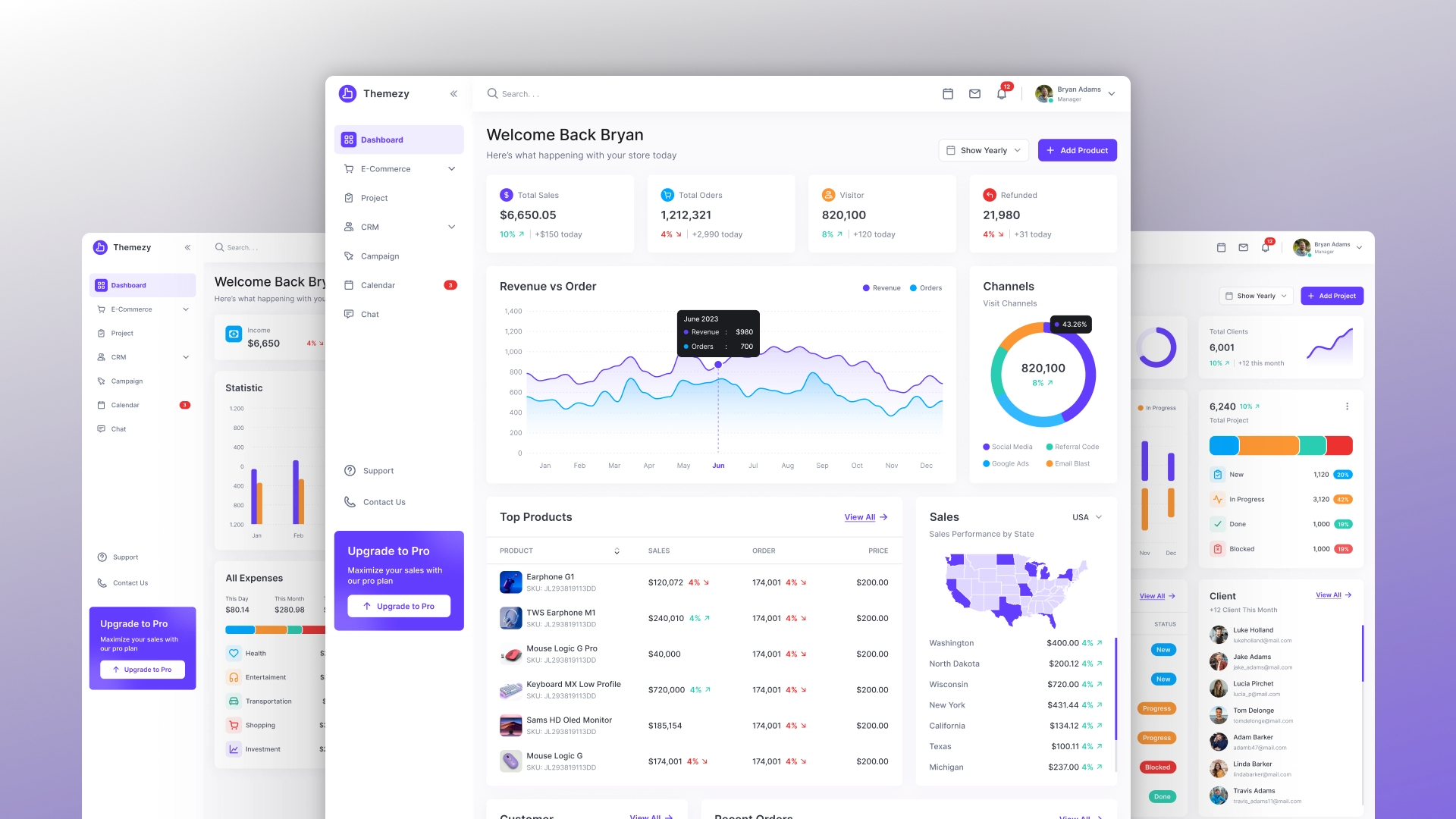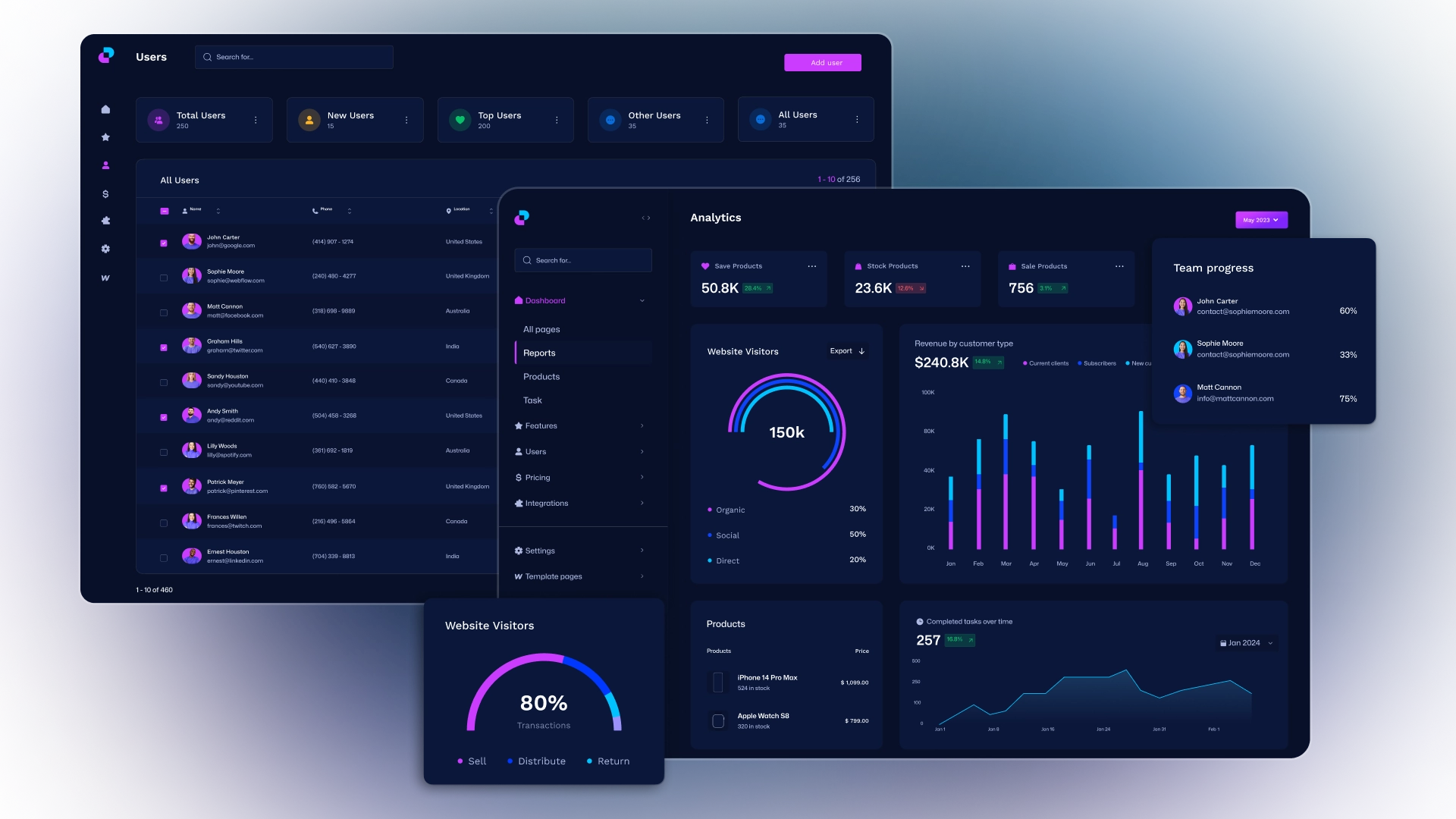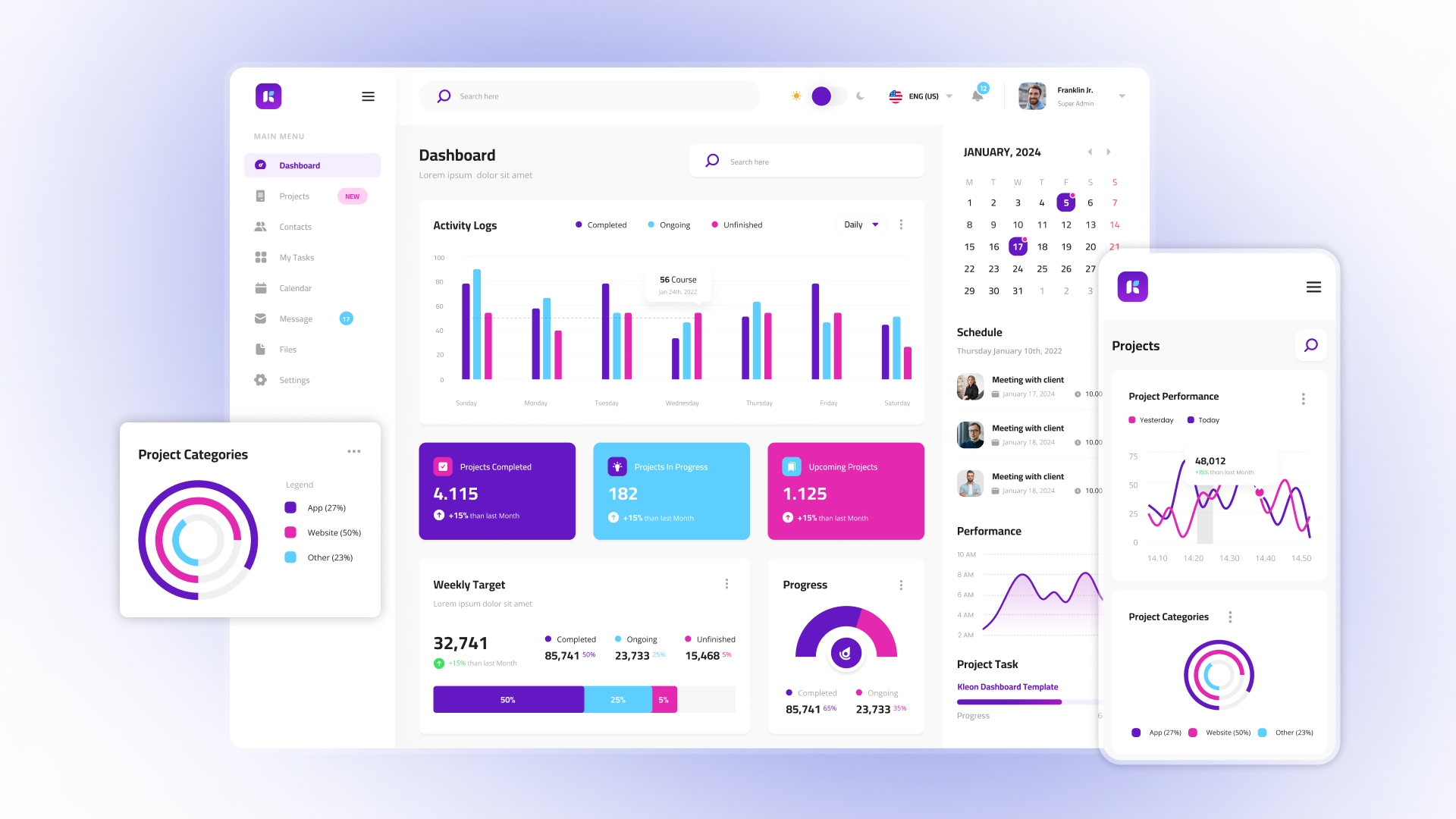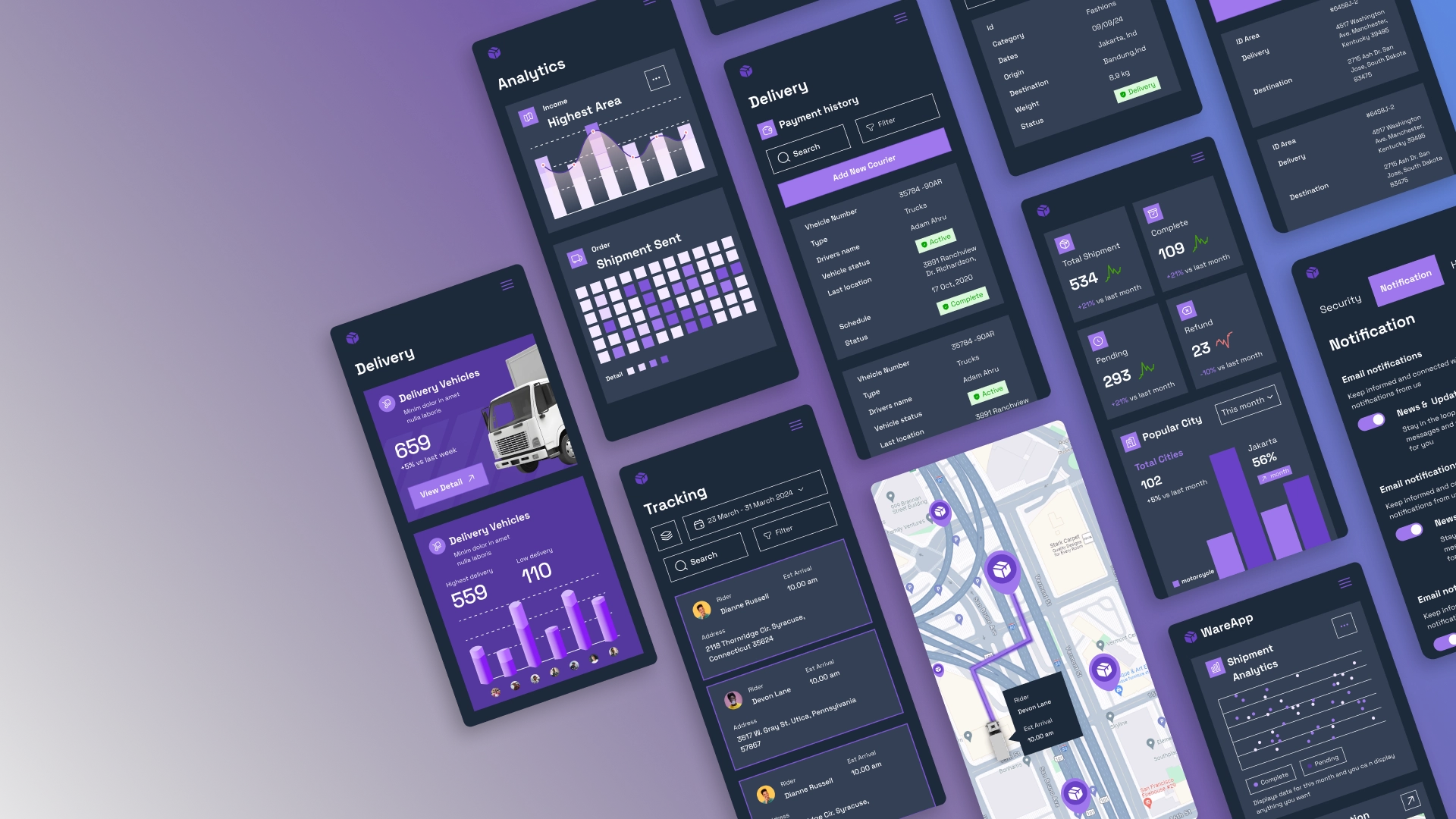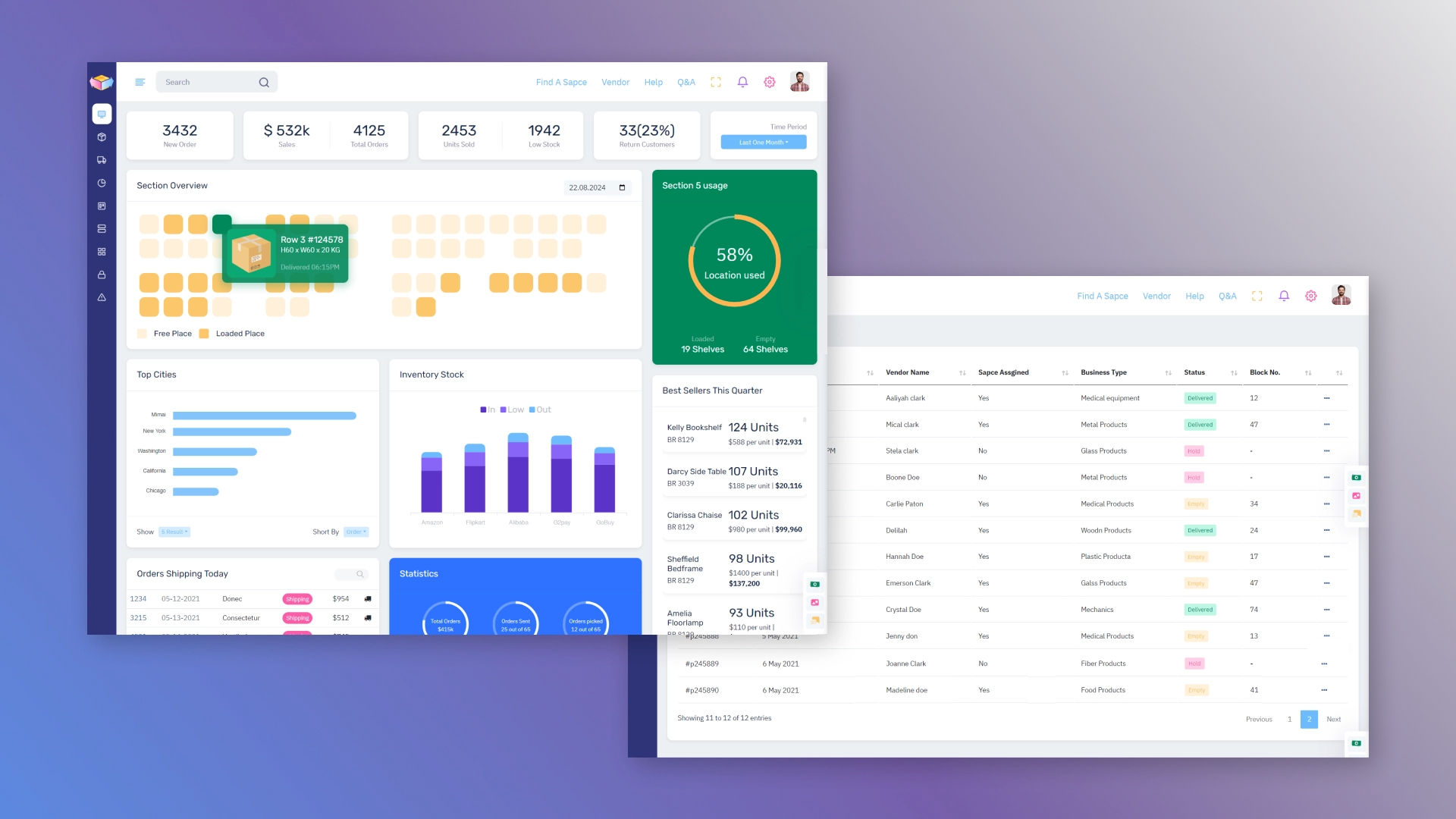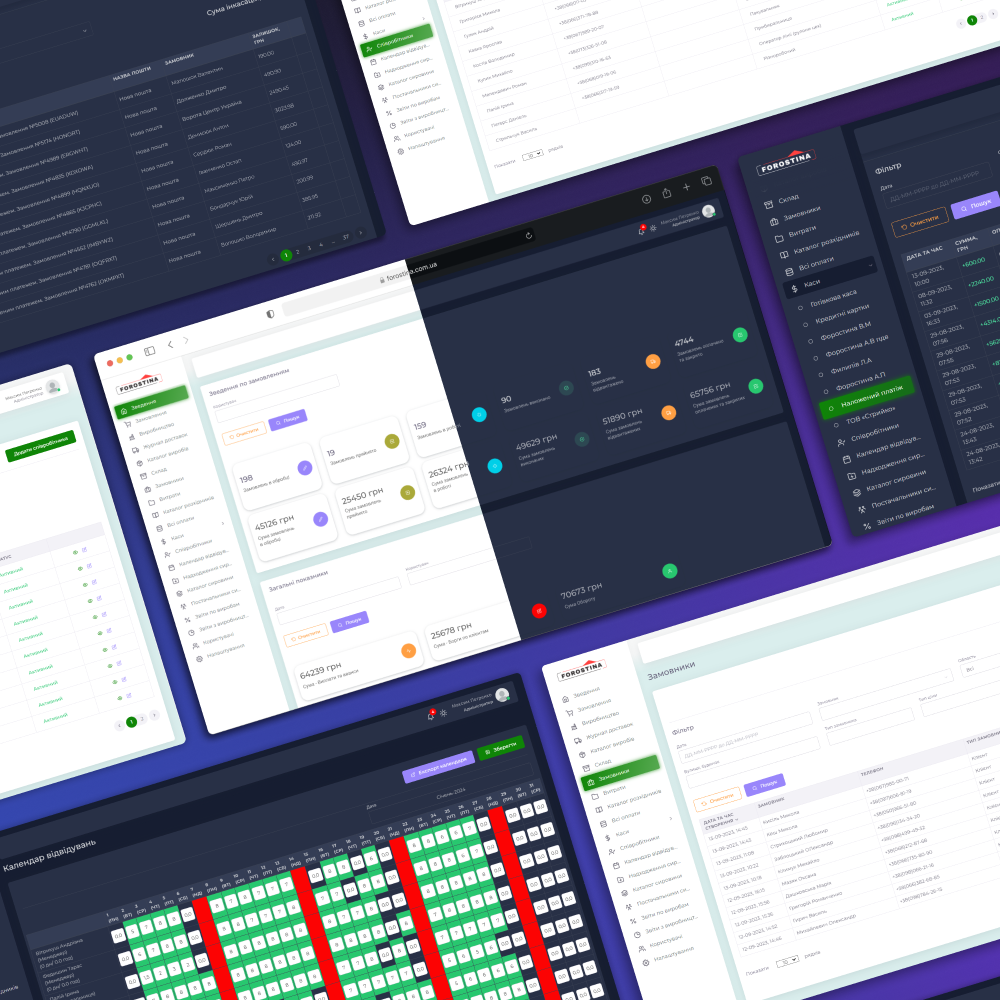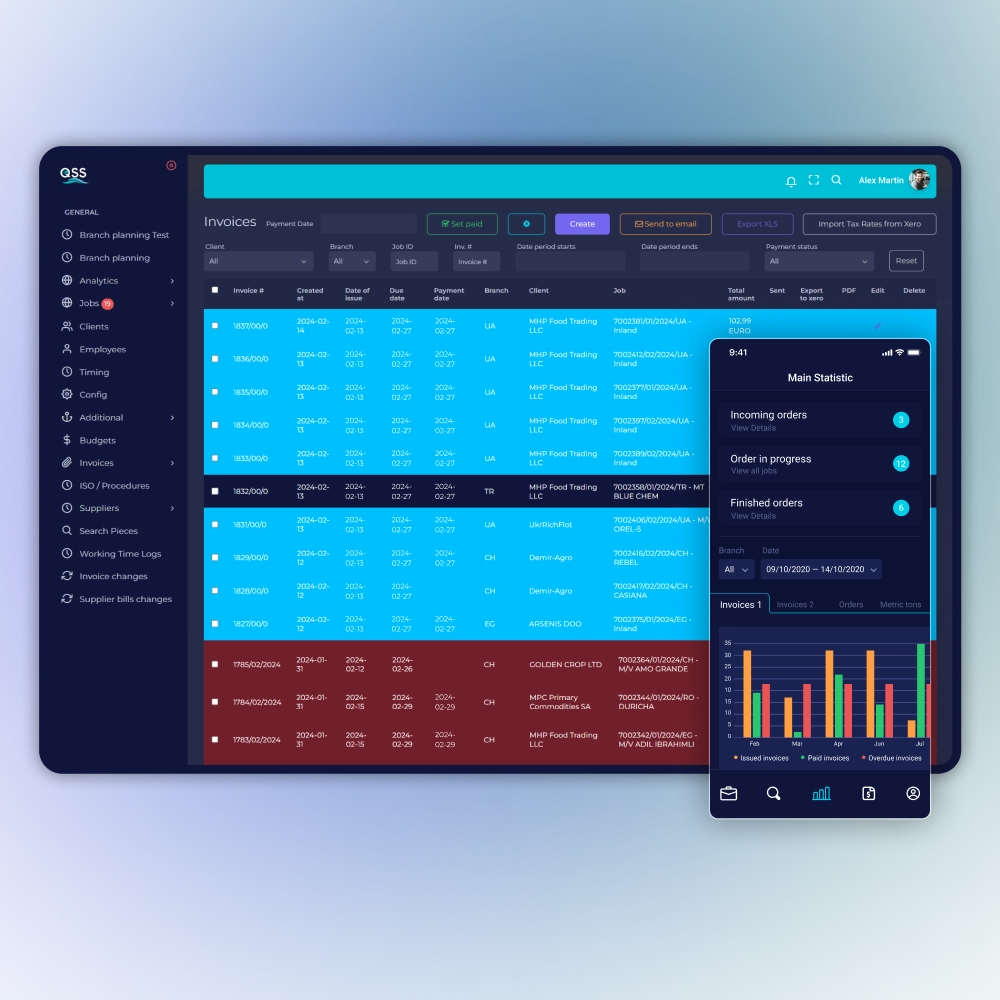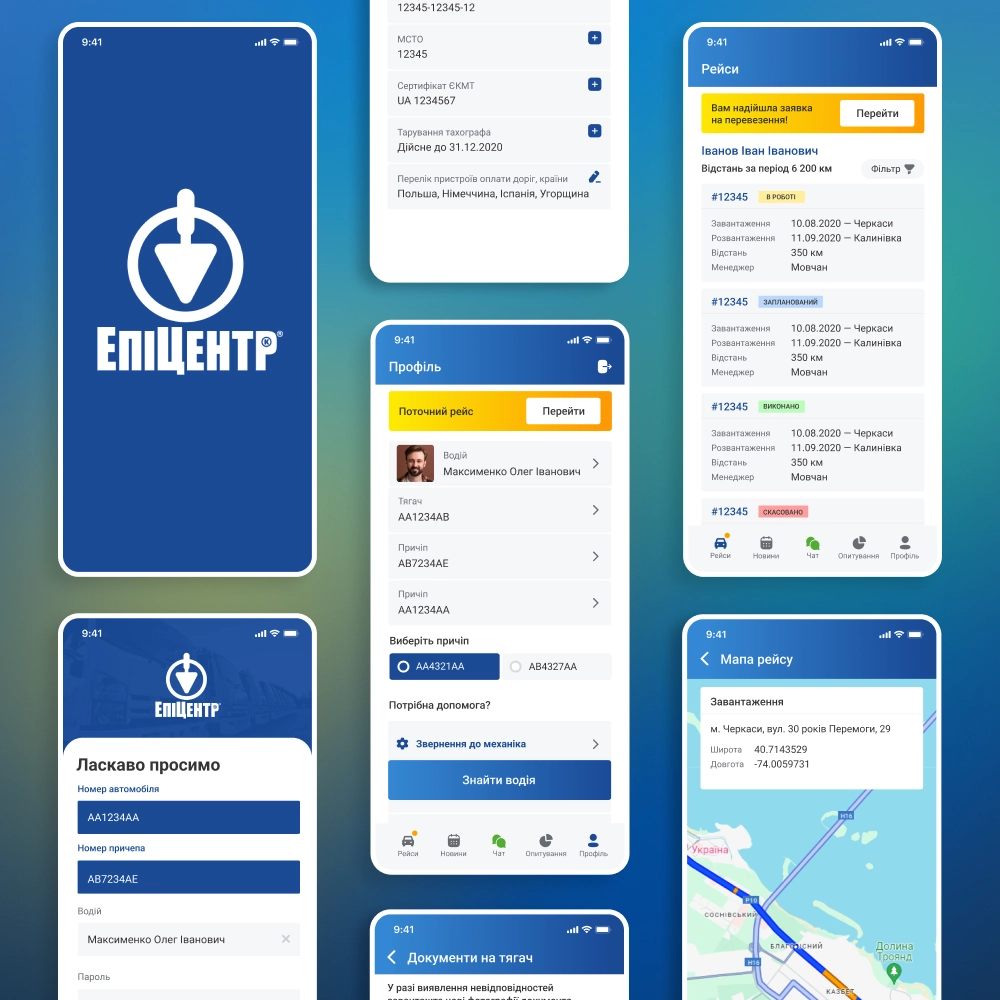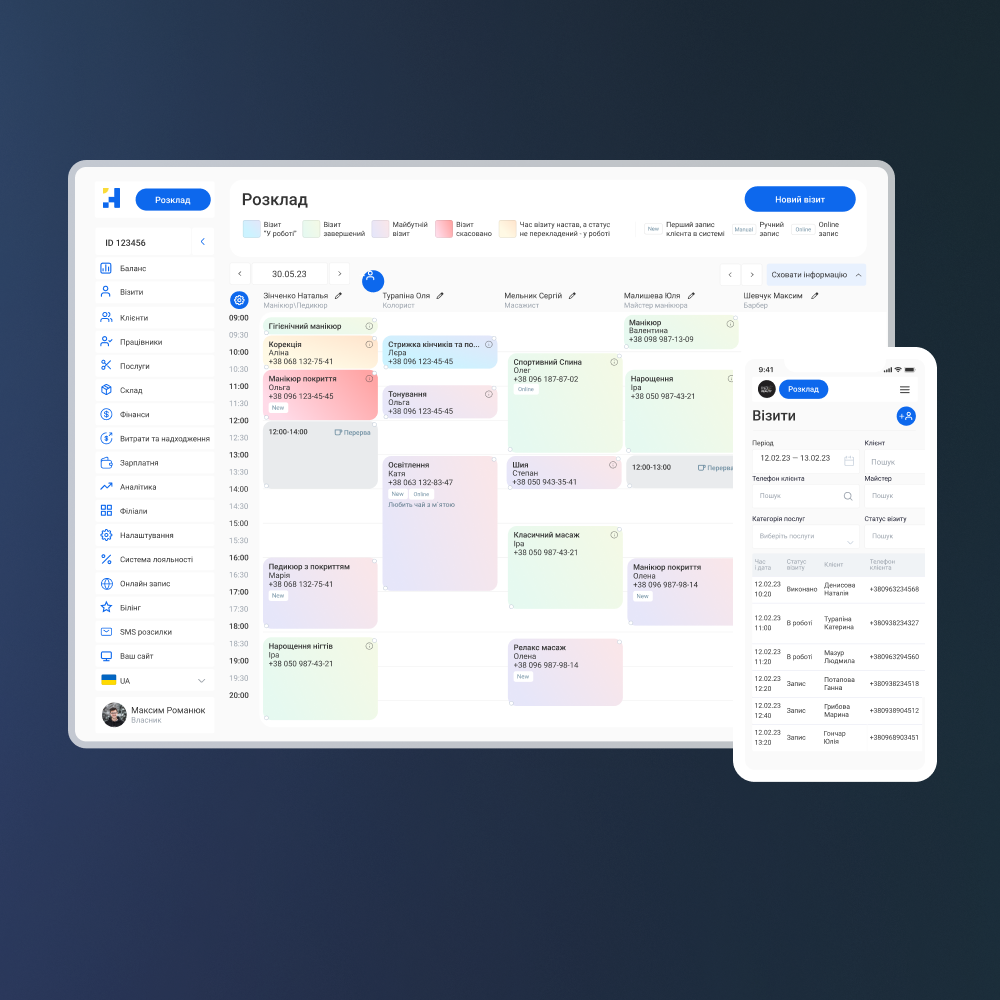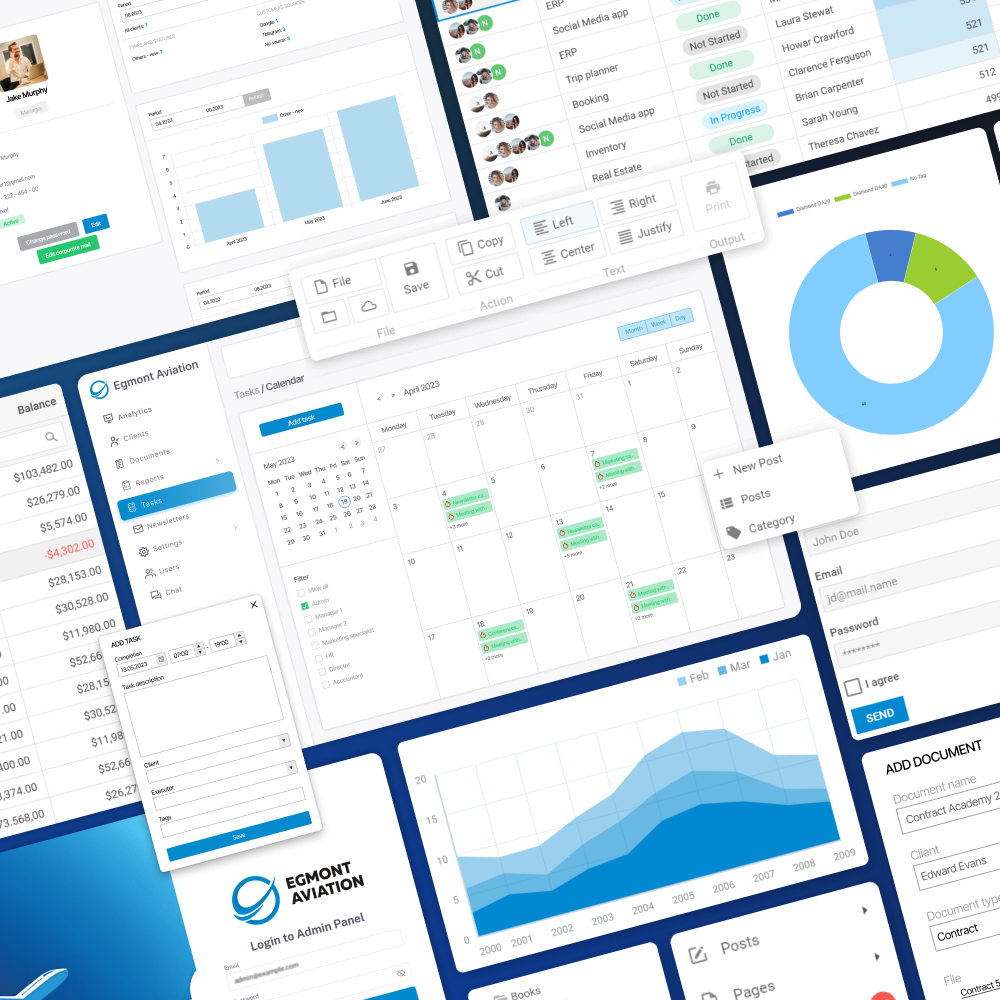









Warehouse Software Development
AVADA MEDIA develops modern warehouse software aimed at increasing the efficiency and accuracy of operations. Our developments include ERP, CRM, mobile applications, websites and other solutions that help companies optimize their warehouse processes and improve customer service.
What tasks do warehouse programs perform
Depending on the goals and needs of the business, customized warehouse management software can solve various tasks related to the acceptance, storage, assembly and dispatch of goods. Let's consider the key functions of such software in more detail:
- Receiving and placing goods. Identifying and checking the conformity of goods upon receipt using barcode, RFID or computer vision technology, and automating their placement, taking into account various parameters such as expiration date, forecast market demand and size, to improve logistics and rational use of space.
- Assembly and formation of orders. Planning and automatic calculation of routes for batch assembly of several orders simultaneously allows to significantly speed up the delivery of goods to end consumers. In addition, it facilitates the work of personnel and minimizes the risk of errors.
- Navigation. Searching for products in the warehouse by barcode or specified criteria will allow your employees to always know where exactly the desired product is located. To simplify navigation, the warehouse management system can be additionally equipped with voice search or visual control via smart devices.
- Inventory management. Monitoring product stocks in real time and forecasting demand helps avoid surpluses or shortages of goods in warehouses. Plus, such software makes inventory easier, thanks to the automatic function of tracking product expiration dates and tracking inventory movements.
- Managing the shipment of goods. Planning shipments of products based on established rules, automatic calculation of the shipping rate and combining several orders into one shipment can significantly reduce the company's costs.
- Personnel planning and management. Warehouse programs allow you to effectively distribute tasks among employees, control their implementation and analyze the results of work. This helps improve the organization of work and increase staff motivation. Integration with time and access control systems allows you to accurately record the working time and presence of employees.
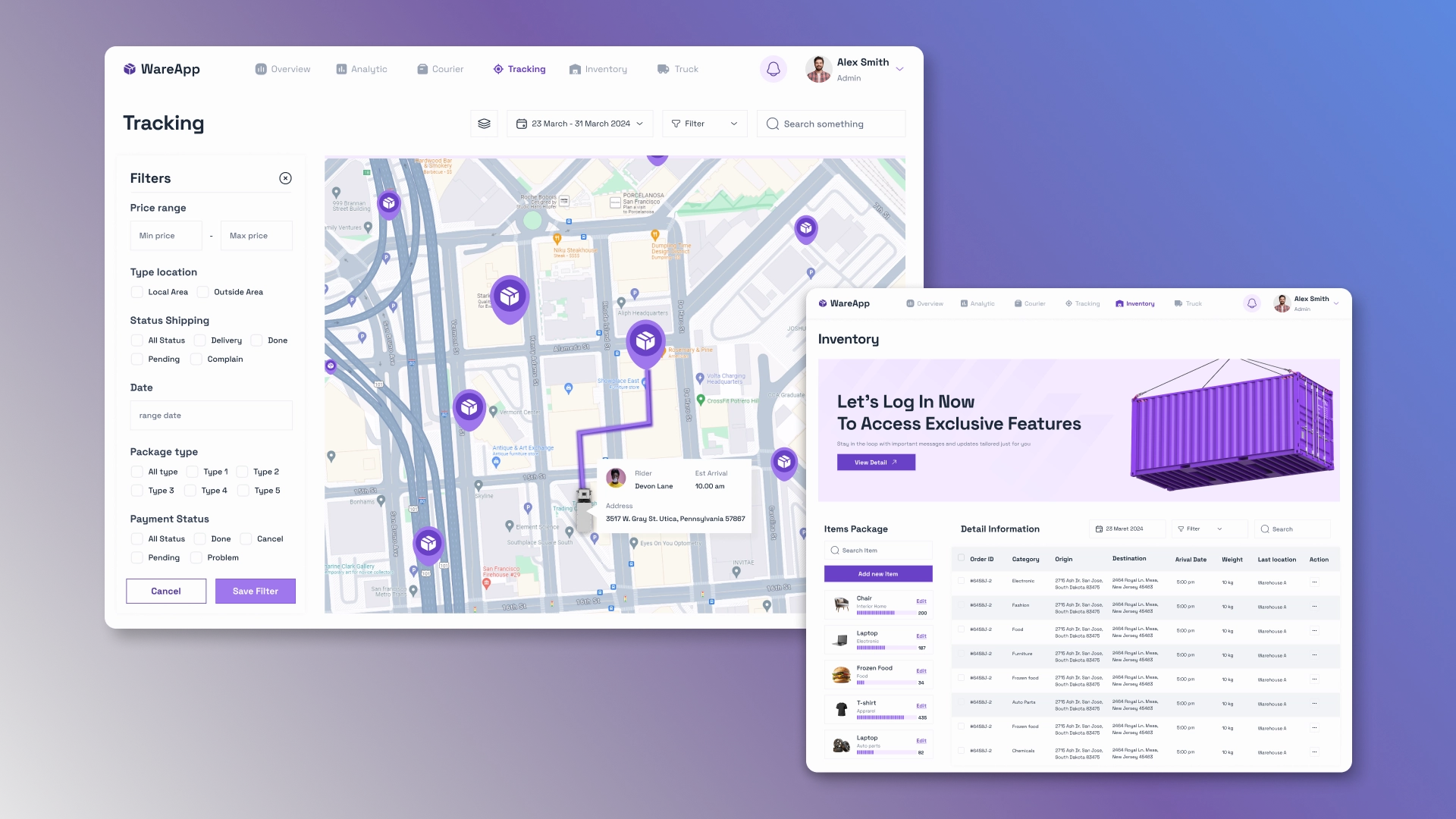
5 Main Benefits of Using Warehouse Software
Implementation of modern software allows to optimize the company's work and speeds up routine operations, which helps to improve the quality of customer service and increase the competitiveness of the entire business. Investments in the development of warehouse software also provide the following advantages:
- Increased order processing speed. Automation of the processes of receiving, placing and shipping goods significantly speeds up the execution of orders. This allows you to respond more quickly to customer requests and reduce the time it takes to complete orders.
- Increasing the accuracy of accounting. Warehouse management software ensures accurate and prompt accounting of all products, which minimizes inventory errors and allows you to always have up-to-date data on product availability.
- Space optimization. The software automatically generates and provides optimal product placement schemes, which helps to use space in warehouses efficiently. In addition, it helps to reduce the time spent searching for products and increases the overall productivity of the warehouse.
- Improved quality control. The software automatically analyzes products arriving at the warehouse and helps identify defects before acceptance. Accordingly, this reduces business losses and minimizes the likelihood of sending defective goods to customers.
- Reduced operating costs. Automation of warehouse processes reduces the need for manual labor and reduces errors, which leads to lower operating costs. This allows for more efficient use of resources and increases business profitability.
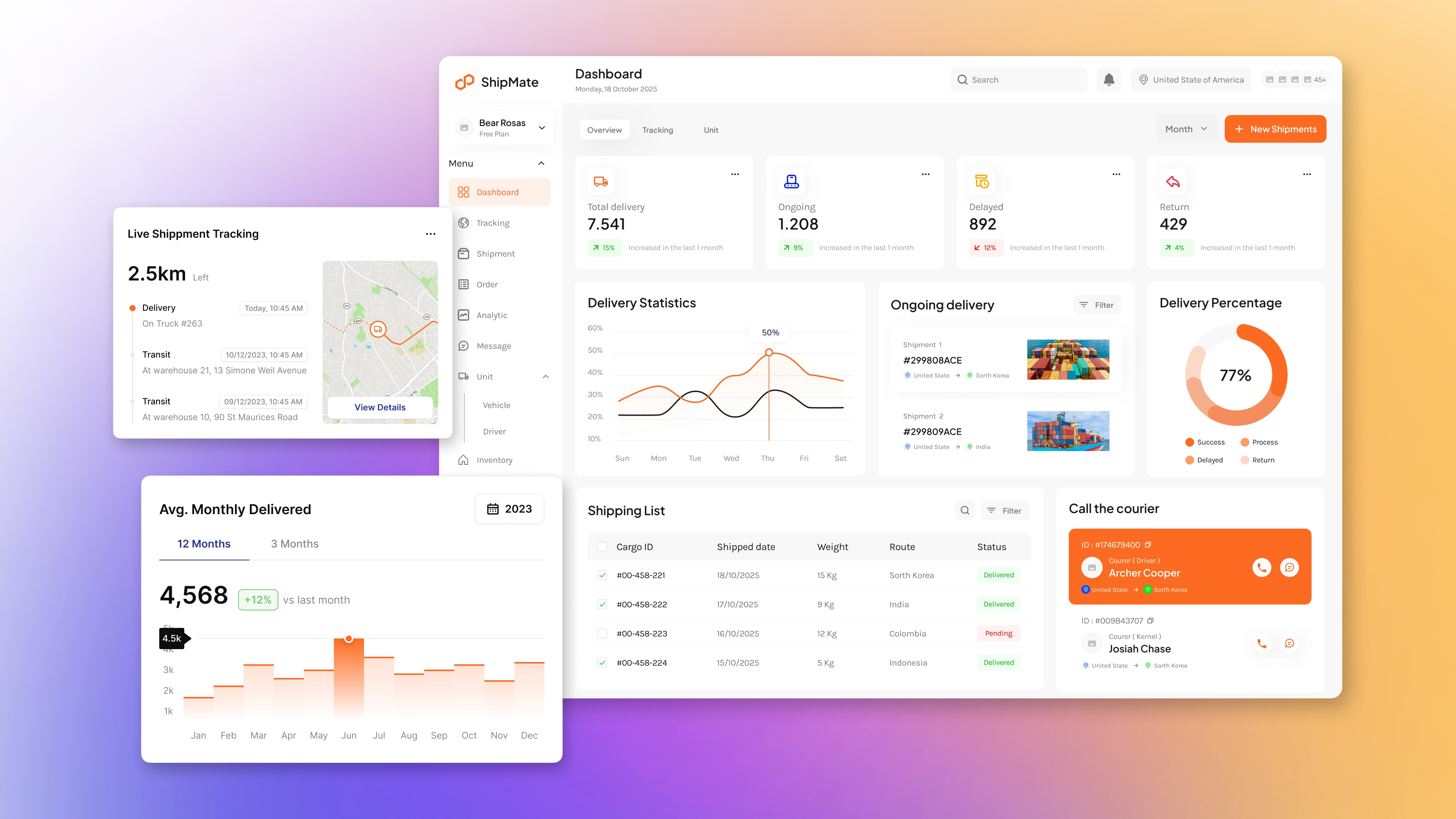
Main types of warehouse software
To automate work in warehouses, specialized software is used, which can be classified by functionality, integration level, interface type and many other criteria. Here are the main types of such software:
- Warehouse management systems (WMS). Provide accurate accounting and optimization of warehouse processes, increase their efficiency and reduce costs.
- Inventory Management Systems (IMS) – Helps forecast consumer demand, minimize surpluses and shortages, and manage purchasing and supply.
- Order Management Systems (OMS) - This is order management software that ensures efficient processing and fulfillment of orders at all stages - from their receipt to delivery to the customer.
- Transport Management Systems (TMS) . Designed to plan, optimize and control transport operations related to the delivery of goods. TMS help to choose the most efficient routes and manage transportation, and reduce transportation costs.
- ERP systems . Integrated systems that combine warehouse management with other business processes of the company. This increases the efficiency of business management and transparency of operations.
What technologies does AVADA MEDIA use for development?
The choice of technologies for development affects the performance, scalability, security and other parameters of the software. Therefore, we, at AVADA MEDIA, approach the choice of the stack for each project individually. In particular, we can use:
- Programming languages: Java, PHP, Python and JavaScript for creating server logic and client applications.
- Frameworks: Spring, Django, Flask, Yii2 or Laravel for the server side, and React or Vue.js for the web interfaces.
- Databases. Relational databases PostgreSQL and MySQL, and for storing and processing large volumes of data NoSQL solutions - MongoDB or Cassandra.
- Cloud platforms: AWS, Microsoft Azure, Google Cloud to ensure the scalability and reliability of the project.
- Technologies for integrations. REST API, GraphQL and MQTT — for interaction with other systems and IoT devices.
- Mobile development. SDK Flutter or native languages Kotlin, Swift — for creating solutions that work on mobile platforms.
Stages of warehouse software development in AVADA MEDIA
In our company, the development of any software is carried out sequentially and consists of six stages:
- Information collection and analysis.
- Design.
- UI design development.
- Technical development.
- QA testing.
- Post-release support and development.
Each stage is critically important. But, as the developer of UNIX and the C language said: "You can't add quality after the program is written. Quality must be built into the design." Therefore, when creating software for warehouses, our experts pay special attention to this phase of production.
During the design process, we create an interactive prototype that lays out the system architecture, visualizes the functions and logic of their interaction, which allows specialists to take into account the unique business processes and specific requirements of a particular warehouse.
In addition, thanks to visualization, the prototype significantly facilitates the discussion of the project between the customer and specialists, which prevents any misunderstandings and allows them to move on the same wavelength from the very beginning.
Why choose AVADA MEDIA
By ordering warehouse software development from AVADA MEDIA, you gain access to the best technical specialists with extensive knowledge and practical experience in creating effective solutions. We combine innovative ideas and advanced technologies to create reliable software that covers all your company's needs.
We suggest starting the discussion of your project with a free consultation, where we will analyze the current goals and objectives of the business, determine the required type of software and the approximate time frame for its implementation. To contact us, fill out the form below.
Questions and Answers
-
What is included in the development of warehouse management software at AVADA MEDIA?
Warehouse management software development in our company includes analysis of business processes and customer requirements, creation of architecture and functional design of the system, as well as programming and testing of all components. Software development also includes integration with external services and databases to expand the functionality of the project.
-
What are the benefits of implementing warehouse software?
Modern software allows you to significantly improve the efficiency of inventory management, reduce the likelihood of errors and optimize logistics processes. Such solutions also provide automation of accounting, simplify product tracking and reduce order processing time.
-
What features should a warehouse management system have?
The functionality of the software primarily depends on the individual needs of your company. In particular, such a system should contain modules for real-time inventory tracking, product movement management, inventory control, and transaction monitoring. Integration with ERP and CRM systems is also important, which ensures effective business management.


